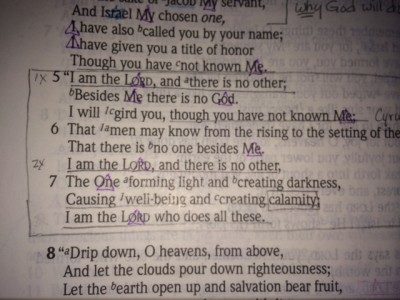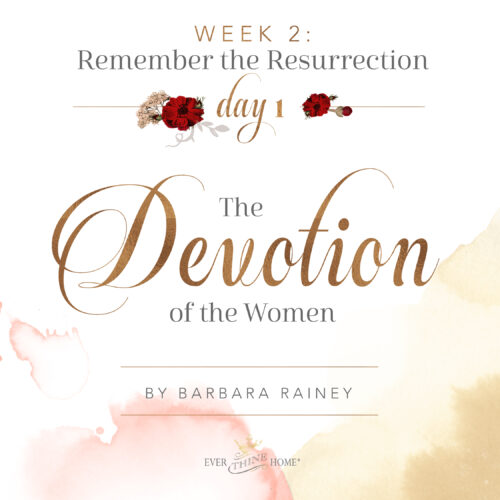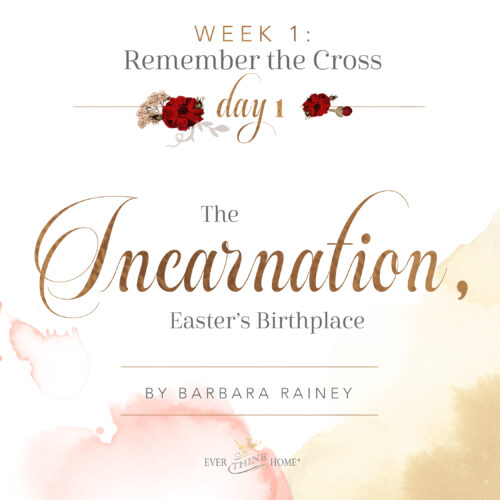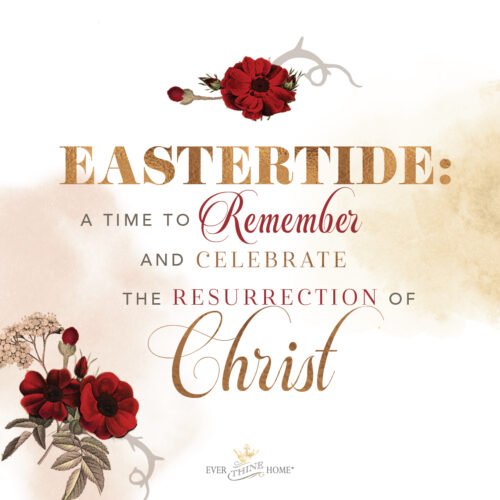Last summer I read a wonderful book on creativity, Walking on Water, by Madeleine L’Engle. I recommended the book to a new friend and to several others because I was so inspired by the message and the way the author told her story. A month or so later I received a beautiful hand written thank you note from this new friend, Rosaria Butterfield. I saved her note; thoughtful hand-written notes are tiny treasures of art in this era of sterile electronic communication.
(Rosaria had visited FamilyLife to record several broadcasts about her book, The Secret Thoughts of an Unlikely Convert. I highly recommend her book for a number of reasons, but most importantly her story helps us understand the thinking of the gays and lesbians we meet and interact with in daily life. You can listen to the excellent interview here.)
Back to the thank you note. Rosaria, a former English professor, penned these words to me, “Madeleine’s book was thoroughly engaging for me. I appreciated her fluency with her faith.”
Fluency is a word I formerly associated only with proficiency in a second or third spoken language. Not with faith. But Rosaria made a profound point by joining those two words. Our faith must grow to a fully integrated faith, one that like languages, is fluent in the nuances of words, the double meanings of phrases and passages, and the layers of application one fully understands with fluency in a language. We cannot become mature believers without becoming fluent in our faith.
Madeleine was an artist who loved to explore science and quantum physics and theatre, all created by the divine imagination. She then wove concepts from her learning into her novels which all pointed in one way or another to an intelligent Being. Much like C.S. Lewis, who imagined Aslan the Lion into being and wrote of him, “Course he isn’t safe. But he’s good. He’s the King, I tell you.”
Fluency comes from years of study and practice, of reading or listening to the Bible, of learning to be less shocked by verses like this: “I make well-being and create calamity. I am the LORD, who does all these things.” (Isaiah 45:7) Are you becoming fluent with the truth? Or to say it another way, are you becoming comfortable with the hard phrases of the Bible knowing that the Author of His Story is writing with complexities, like quantum physics or calamities, that we may never understand, while He still remains good?





